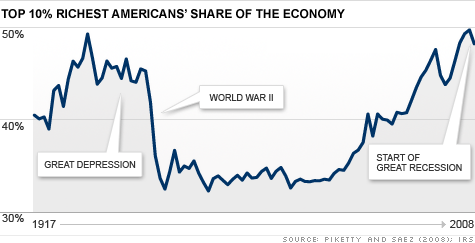- Joined
- Oct 19, 2012
- Messages
- 12,029
- Reaction score
- 3,530
- Gender
- Male
- Political Leaning
- Progressive
Actually it tells you nothing about conservative policies. It tells you a great deal about people who quote data that they don't fully understand.
Reported inflation is a basket of goods. Some items are subject to deflation while other are showing signs of significant inflation. Monetary policy affects inflation, but it is only one factor. Prices aren't just a factor of money supply, but supply of goods as well. If you look at things where supply is constrained - gold for example - you have massive inflation. This is seen in medical costs, food, energy, and basic materials. On the other side my hockey tickets have fallen 60%. You see these things as washing out to no inflation.
Today there remains significant over-capacity in many industries such that no one has pricing power. As excess capacity is washed out, you will see inflation. The other factor is that the US remains the best house in a bad neighborhood. Most of the other countries are printing money as fast as we are. So we are still able to attract foreign capital.
Yeah, that's the thing. Excess capacity. Translated: lack of demand. That's what makes depressions. And despite pumping vast amounts of money into the system we still have virtually no inflation. That tells me that if we hadn't increased money supply (i.e., followed lumpen conservative policies), we'd be in a full blown depression right now, with deflationary spirals as far as the eye can see.
So Obama did exactly the right thing in increasing the money supply and running up deficits to get some velocity.

